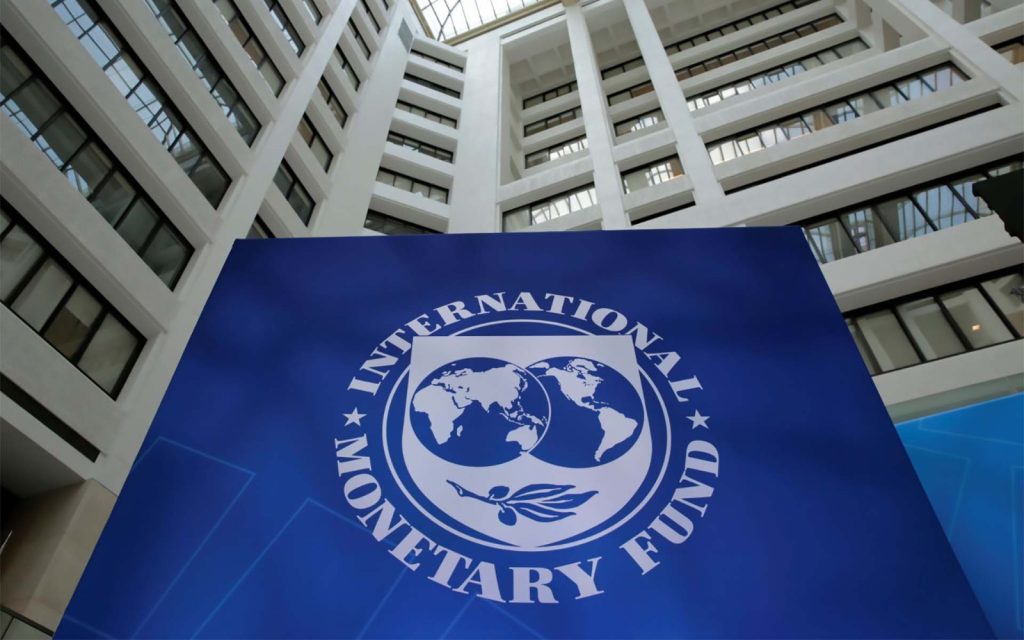
The International Monetary Fund (IMF) has urged Namibia to adopt a clear policy framework to manage its emerging oil and gas sector, warning that without proper oversight, the expected resource boom may not deliver long-term economic benefits.
“Directors supported developing a set of policies aimed at harnessing prospective oil, gas, and green hydrogen for economic diversification and job creation,” the IMF Executive Board said.
The Fund emphasised the need for a governance framework for the sovereign wealth fund and a natural resource management system to ensure transparency and stability.
“They encouraged the authorities to continue their efforts to establish, with Fund technical assistance, a strong governance framework for the sovereign wealth fund and a natural resource management framework,” the IMF stated.
While oil exploration surged in 2023, activity has since plateaued.
“Namibia’s economic growth decelerated from 5.4 percent in 2022 to 3.7 percent in 2024, as a decline in production in response to lower diamond prices outweighed momentum stemming from rising gold and uranium prices,” the Fund added.
The IMF noted that effective planning and regulation are critical to turning discoveries into inclusive growth and to avoiding the risks often associated with resource-driven economies.
Deloitte Namibia forecasts Namibia’s gross domestic product (GDP) to grow by 58% annually, primarily driven by the oil and gas sector.
During the construction phase, Namibia’s GDP is expected to grow by 1%, with an estimated annual impact of US$113 million (N$2 billion) contributed by oil and gas activities.







